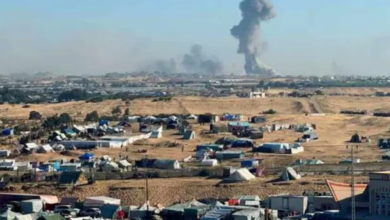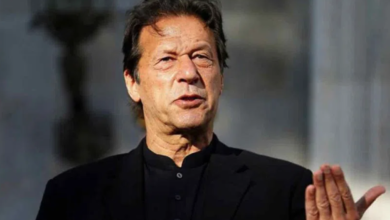Four reasons why many South Africans will refuse to support Morocco

The Atlas Lions beat Portugal last week to become the first African nation to reach the semifinal stage of the World Cup, sparking joyous celebrations in North Africa, the Middle East and the Arab world.
Dispute over Western Sahara
South Africa and Morocco have a long-running feud about the political status of the Western Sahara, an area Morocco claims as its southern province but South Africa recognises as independent. The situation has created a frosty relationship between the countries, and many South Africans are sympathetic to the cause of Western Sahara, much like they are to Palestinians in their relationship
Morocco is perceived as identifying more with Europe than Africa
It’s believed about 5-million Moroccans live abroad, mainly in European countries such as France, Spain, the Netherlands, Belgium and Italy. In the squad at the World Cup, 14 of the 26 players were born abroad, the highest proportion for any team in Qatar.
Whether perceived or real, Morocco has at times been seen as choosing either an Arab or an African identity, or even gravitating towards aligning with a European outlook, when that is most convenient, which can rub Sub-Saharan Africans the wrong way.
Morocco allegedly portrayed SA as filled with crime and HIV
When South Africa was preparing to host the 2010 Fifa World Cup, Morocco, which also bid to host the tournament, was among countries that cast doubt on the country’s capability to host the tournament, allegedly citing high levels of crime and a high prevalence of HIV-Aids.
Morocco has denied SA athletes entry
In 2019, the Royal Moroccan Athletics Federation banned former Olympic champion Caster Semenya from competing in the Diamond League 800m in the country. Semenya was denied entry to compete despite Switzerland’s highest court finding the athlete fit to run at the time.
In 2021 Kaizer Chiefs were refused entry into Morocco to play a Caf Champions League match due to restrictions relating to Covid-19.







